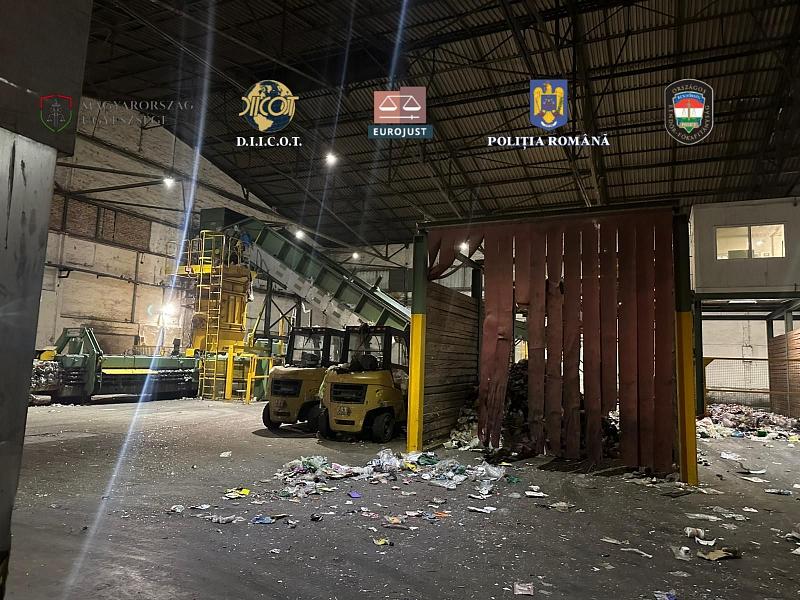Authorities dismantle criminal group exploiting vulnerable Romanian workers in Hungary



Six men and one woman from Romania have been accused of recruiting dozens of children and adults from foster care centers, whom they then transported to Hungary, where they turned them into slaves, forcing them to work under inhumane conditions.
The accused are from the localities of Ozun and Chilieni, Covasna County, Romania, and allegedly started trafficking their victims in 2013, according to the Romanian Police. All six individuals are relatives.
Investigators say they "established an organized criminal group, aimed at obtaining material benefits from the exploitation through labor, on Hungarian territory, of several victims, both adults and minors."
The traffickers allegedly recruited vulnerable people with financial difficulties and without stable family relationships.
"The preferred victims of the perpetrators were those from foster care centers, who, through false promises, namely a salary of HUF 80,000-100,000 (EUR 200-245) per month, accommodation and meals, an 8-hour work schedule, 5 or 6 days a week, within a Hungarian enterprise," the Romanian Police stated.
The victims were taken to Hungary by a couple. Once they arrived at the destination, under the pretext of employment formalities, their identity documents were taken away to prevent them from leaving.
"Subsequently, they were accommodated either in an inadequate building, alongside 20–25 other people, in a wooden barrack, without furniture, or in the basement of a dwelling, from where they were transported to a municipal waste processing plant located in another locality and forced to work," the police added.
According to DIICOT, the victims were forced, including through violence, to work to exhaustion for 12, 18, or even 24 hours, 7 days a week, while constantly monitored. Moreover, the exploited Romanians faced a lack of food and basic living conditions, were denied medical assistance, and were forced to perform household chores after their work schedule.
The sums of money obtained from the criminal activity were almost entirely appropriated by the members of the organized criminal group.
Given that the recruitment and transport of victims took place in both Romania and Hungary, an agreement was concluded, under the aegis of Eurojust, for a joint investigation team between DIICOT and the Budapest General Prosecutor's Office. Simultaneously with the action carried out in Covasna County, five searches were also conducted on Hungarian territory, leading to the seizure of money, jewelry, two cars, documents, and two pistols.
"Moreover, during the searches conducted in Hungary, over 20 individuals, possibly victims of human trafficking, were identified," the Romanian Police also stated.
In the end, Hungarian judicial authorities detained five men and one woman from Covasna, along with another man who operated exclusively on Hungarian territory.
radu@romania-insider.com
(Photo source: Politiaromana.ro)